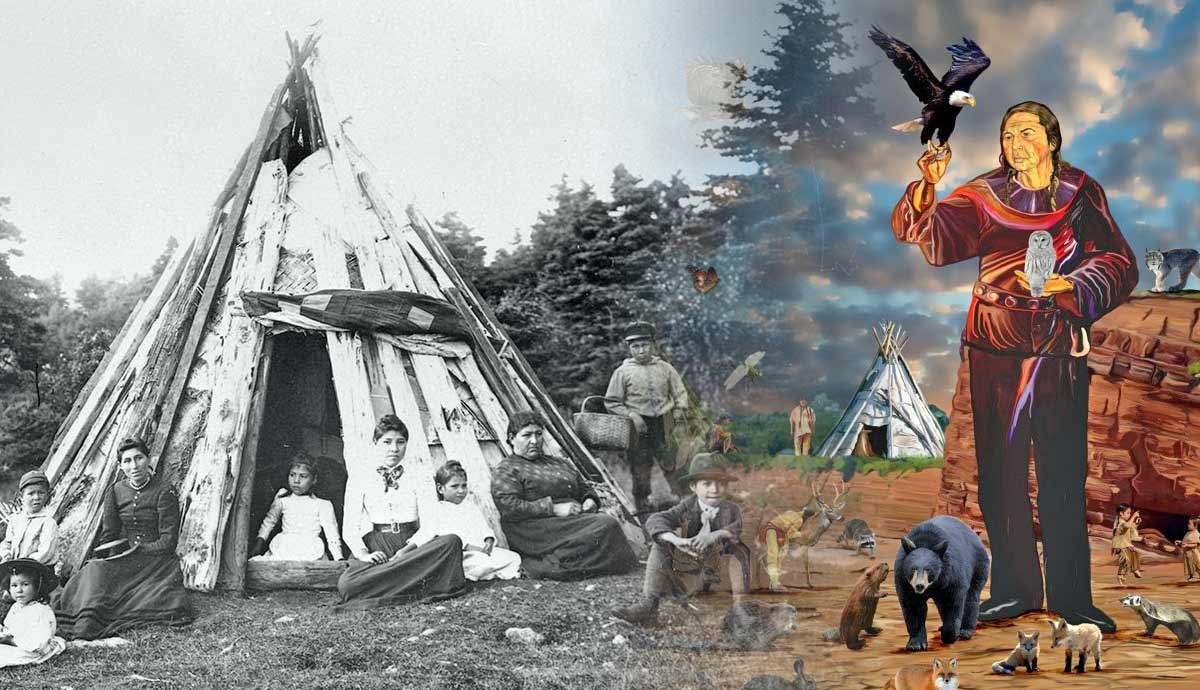Indigenous peoples have played a foundational role in shaping the history and culture of Atlantic regions. Long before European arrival, these communities established complex societies with rich traditions and advanced knowledge of their environments. Their understanding of agriculture, navigation, and resource management formed the basis for sustainable living. Moreover, indigenous groups actively engaged in trade and diplomacy, creating networks that connected diverse populations. These contributions significantly influenced later developments during the era of exploration and colonization. Recognizing this history is crucial for appreciating the depth of Atlantic heritage and the enduring legacy of indigenous communities.
Indigenous Peoples Influencing Atlantic Social and Economic Systems
The social and economic structures of Atlantic societies evolved through interactions with indigenous populations. Early settlers and traders often relied on local expertise for survival, adopting farming techniques and medicinal knowledge. Additionally, indigenous trade routes facilitated the exchange of goods and ideas across vast distances. These exchanges introduced new crops and technologies that transformed coastal economies. Furthermore, indigenous social organization inspired aspects of governance and community relations among emerging colonial settlements. These influences helped shape adaptive strategies essential to overcoming challenges such as harsh climates and resource scarcity. Consequently, indigenous contributions proved vital in establishing resilient societies along Atlantic coasts.
Indigenous Peoples’ Cultural Legacy in Atlantic Regions
The cultural imprint left by indigenous groups remains evident across the Atlantic world. Artistic expressions, language roots, and spiritual practices reflect centuries of heritage. This legacy blends with other cultural influences, creating unique regional identities. For example, traditional crafts and storytelling continue to inspire contemporary art and literature. Moreover, efforts to preserve and revive indigenous languages and customs have gained momentum, emphasizing cultural pride and continuity. Scholars emphasize that acknowledging this legacy enriches the understanding of Atlantic history. Overall, indigenous heritage forms a vital part of the region’s complex and diverse cultural landscape.
Ongoing research and dialogue continue to highlight the indispensable role indigenous peoples hold in the Atlantic narrative. Their historical and cultural impact remains integral to comprehending the past and shaping future perspectives.
